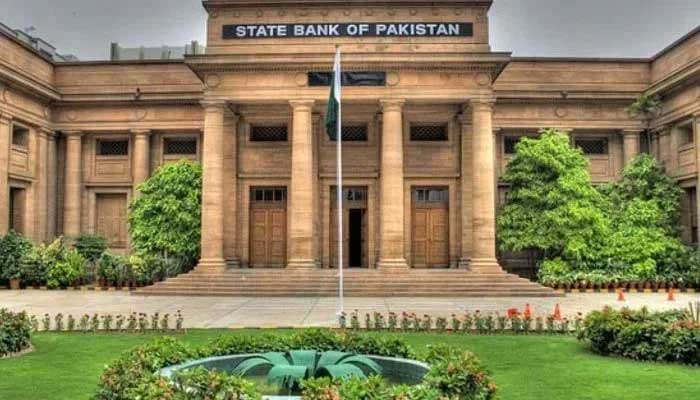SBP denies holding emergency MPC meeting amid economic uncertainty
Says the reports making rounds in media about Monetary Policy Committee meeting are “completely baseless”
The State Bank of Pakistan (SBP) on Friday rejected the reports of holding an emergency meeting of the Monetary Policy Committee (MPC) amid the continuing decline in the value of the local currency against the US dollar.
“The reports making rounds in media about holding of an emergency meeting of the Monetary Policy Committee (MPC) of SBP are completely baseless," the central bank said in a statement.
The statement comes as the local currency fell to Rs305.54 after shedding Rs1.09 in interbank on Thursday while the greenback is changing hands in the open market price at over Rs320.
Moreover, the Pakistan Stock Exchange (PSX) on Thursday witnessed bloodbath as the benchmark index tanked over 2% amid fears over the worsening economic condition of the country.
Investors reacted with panic to the rising rupee-dollar parity, opting to offload shares on fears of a looming economic turmoil.
As the uncertainty took its toll on the economy, it was being speculated that the SBP would hold an emergency MPC meeting to review key policy rate in a bid to stop the decline in local currency.
Reacting to the reports, the SBP said it would be premature to forecast the future policy rate as only the MPC, which is an independent statutory body, is empowered to decide about the policy rate.
“The next meeting of the MPC is scheduled to be held on September 14, 2023, during which it will take stock of the economic developments and take appropriate decision in the matter,” the statement added.
On July 31, the SBP left its key rate on hold at 22% and expressed the optimism that inflation would drop gradually in the months to come.
The SBP decided to maintain the status quo in the policy rate, which surprised many because the International Monetary Fund had called for further tightening to ease price pressures.
-
Bitcoin plummets toward $60,000 as investors dump risky bets
-
Bitcoin crashes below $63K as regulatory pressure and market fears grow
-
Bitwise Crypto Industry innovators ETF: What investors should do in 2026?
-
Nintendo shares slide again as momentum fears grow
-
Gold, silver prices fallen sharply; What’s driving the drop?
-
Gold’s record climb: Experts question if its safety is ‘overstated’
-
Dubai unveils plans to construct street built with real gold
-
Netflix slams Paramount’s bid: 'Doesn't pass sniff test’ as Warner battle escalates












